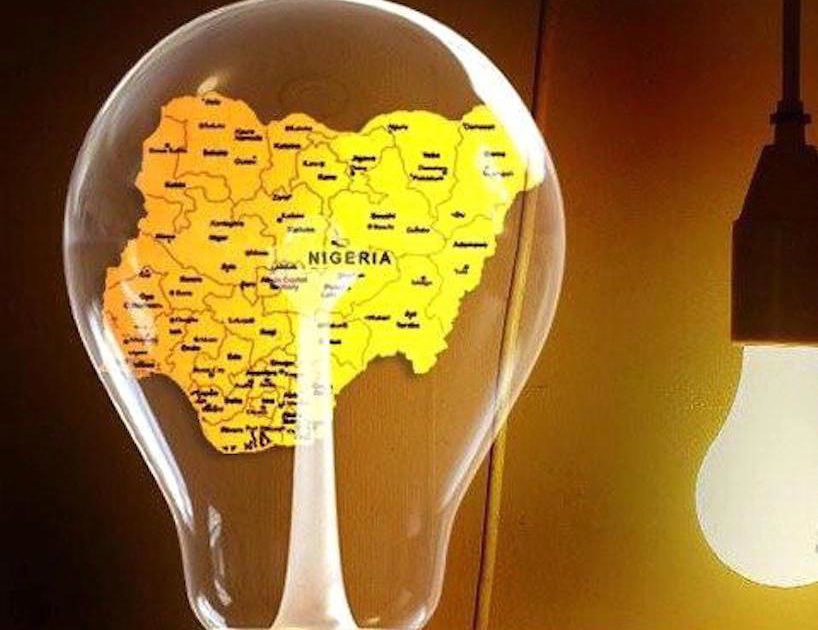NIGERIAN ELECTRICITY MARKET
-
August 15, 2018
- Posted by: Admin

The Electricity Market
An electricity market is a system for effecting the purchase and sale of electricity using supply and demand to set the price. The EPSR Act 2005 envisages the development of an efficient electricity market. It provides for efficient allocation of resources. And similarly managed in such a way that wastages and leakages in the value chain are reduced to the barest minimum. Thereby enabling consumers to get the best value for their money.
Nigerian Electricity Market
Historically, the entire electricity supply chain in Nigeria was under the umbrella of a vertically integrated national utility company, NEPA. Consequently, this was a monopoly. The power sector reform programme guided by the EPSR Act 2005 outlined a process for the separation of potentially competitive functions from the monopoly entity. Furthermore, establishing a competitive industry structure for the commercial operations of those competitive functions. In addition, the Act pushes the concept of separating the contestable functions of generation and retail from the natural monopoly functions of transmission and distribution. Then ultimately establishes competitive wholesale and retail electricity markets.
The President signed the Market Rules that govern the operations of the electricity market in Nigeria. He approved it for use in 2010.
The Market Rules is a regulatory instrument designed to establish and govern an efficient, competitive, transparent and reliable market for the sale and purchase of wholesale electricity and Ancillary Services in Nigeria. Also to ensure that the Grid Code and the Market Rules work together to secure efficient co-ordination and adequate participation in the Nigerian Electricity Market.
Specifically, these rules:
- provide a framework for an efficient, competitive, transparent and reliable Wholesale Electricity Market;
- set out the responsibilities of Participants, the TSP, the System Operator and the Market Operator in relation to trading, coordination, dispatch and contract nomination, pricing of imbalances and Ancillary Services, metering, settlement and payments;
- set out the operation and pricing system of the Balancing Market;
- ensure an efficient, transparent and predictable settlement system and set out payment obligations;
- establish a governance mechanism and a market monitoring system;
- provide a framework for the resolution of disputes amongst Participants or between Participants on one hand and the System Operator or the Market Operator on the other, on matters relating to the Market Rules and the Grid Code
- provide an efficient and transparent process for amending the Market Rules and the Grid Code.
Wholesale Electricity Market
This allows trading between electricity generators, retailers and other financial intermediaries both for short-term delivery or for future delivery periods. However, the grid operator typically clears and settles wholesale transactions in electricity. A special-purpose independent entity charged with that function can also do this.
Retail Electricity Market
A retail electricity market exists when end customers can choose their electricity supplier from competing electricity retailers.
Read more here.
This has enabled companies like LuxxorPower to participate in the Nigerian electricity market as independent power providers.
